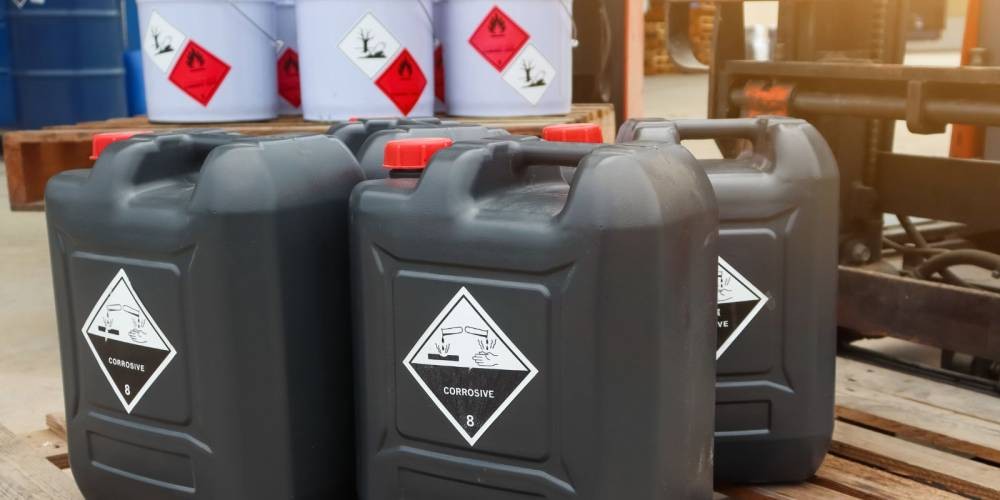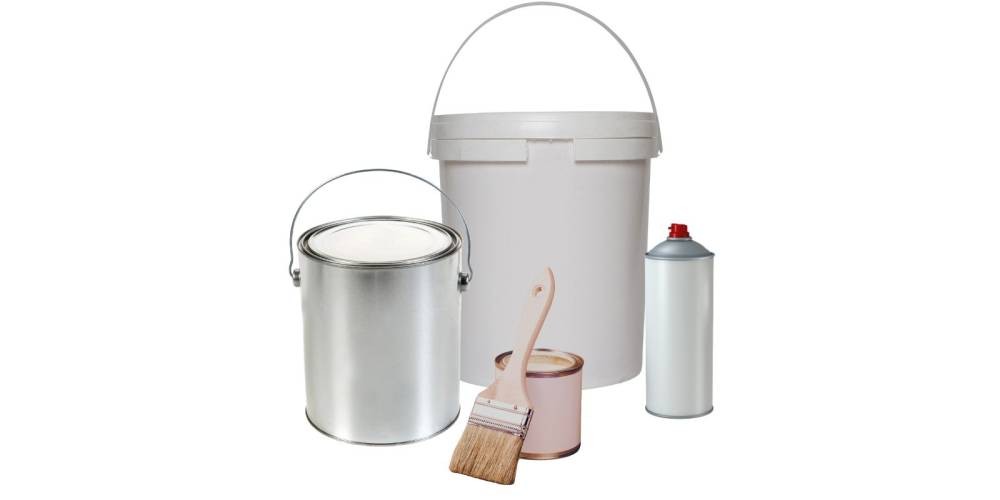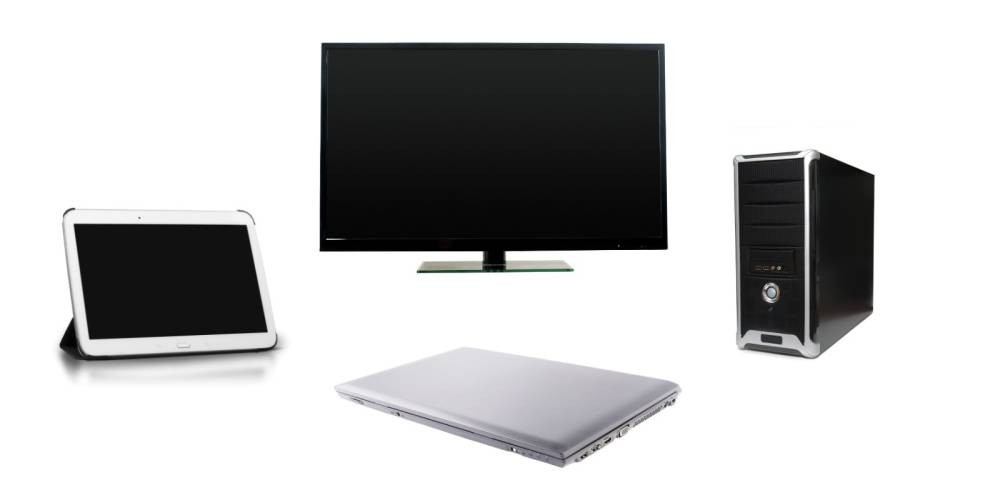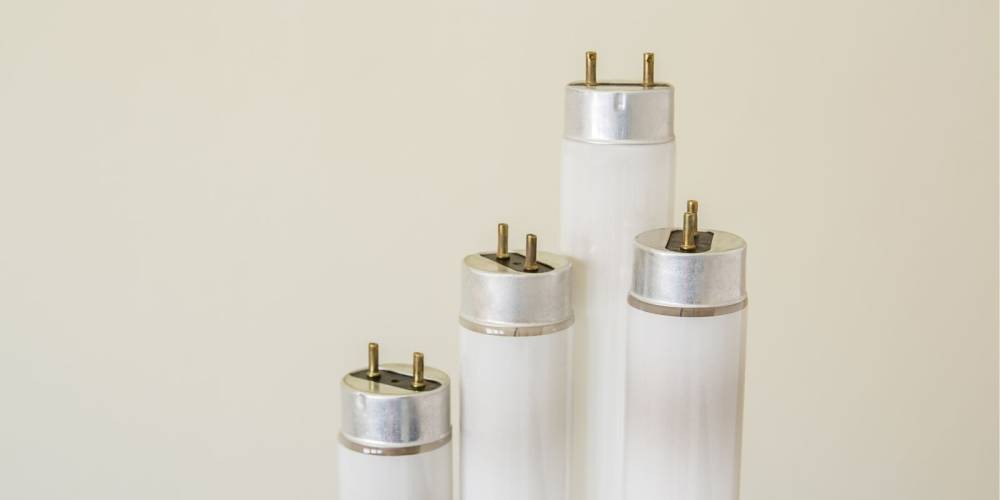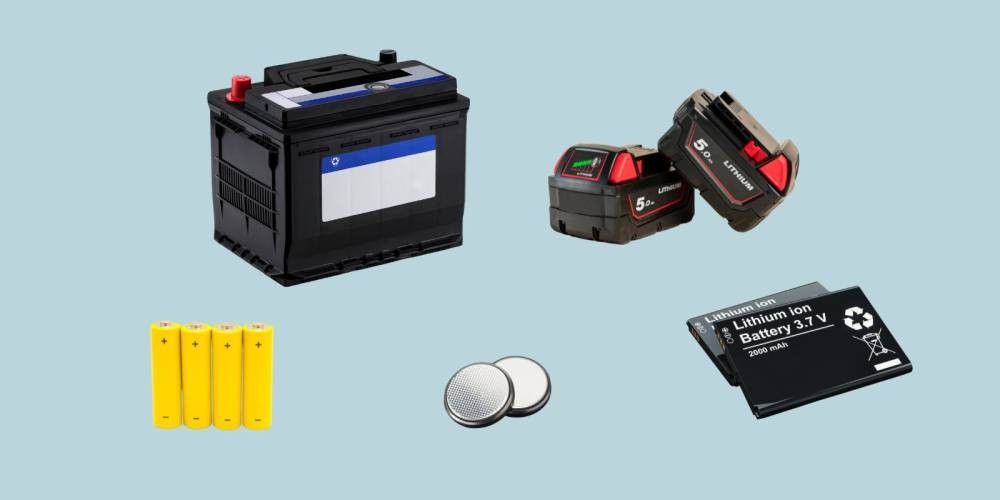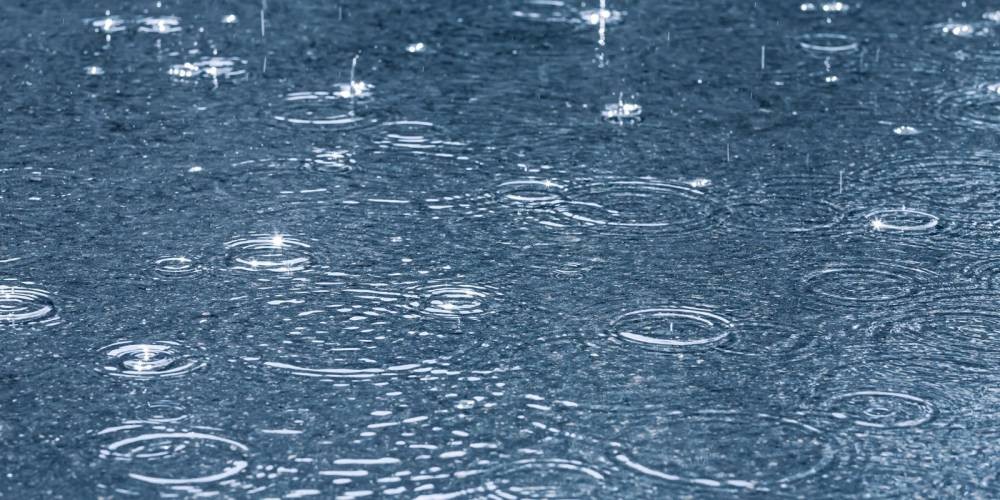News
Preventing pollution: preparing business hazardous waste for winter weather
From batteries and cleaning products to paint, lightbulbs and automotive chemicals, many common business items can cause significant environmental harm when not handled properly. Winter weather, including the significant amount of rainfall we experience in the Pacific Northwest, can create additional risk for hazardous materials stored outdoors. Keep reading for valuable tips on safely storing or disposing of your business's hazardous waste this winter and beyond.
Assess your inventory
Avoid stockpiling items that increase your liability and pose environmental health and safety risks. Take stock of the hazardous materials you have and decide if you are going to use the items in the future.
Recycling and disposal
If an item is no longer useful to you, could it be useful to another business? Items can be sold or given away through the Industrial Materials Exchange (IMEX). For items that are spent, expired or no longer useful, check for recycling or disposal options.
Recycling drop-off is available in Clark County for the following items:
Paint: PaintCare oversees the paint stewardship program for Washington state. Businesses with more than 100 gallons of eligible paint products may qualify for large volume pick-up. Businesses with less than 100 gallons of eligible paint products can participate in PaintCare's drop-off program, however, some items may be restricted to small quantity generators. Learn more by visiting the PaintCare program page.
Electronic waste: E-Cycle Washington is a drop-off program that accepts certain electronics from businesses with fewer than 50 employees. The program accepts televisions, computers, laptops, monitors, tablets, e-readers and portable DVD players. Visit the E-Cycle Washington website to learn more and find drop-off locations near you.
Mercury-containing lights: LightRecycle Washington allows Washington residents and businesses to recycle up to 10 mercury-containing lights per day for free at locations across the state. Find locations and learn more on the LightRecycle website.
Batteries: Batteries can pose a serious fire risk and should not be placed in serviced garbage or recycling containers. For a list of local recyclers and mail-in recycling options, read our Green Toolkit hazardous materials page.
If your business is in the city of Vancouver, you may be eligible for a free one-time drop off of hazardous waste. To qualify, businesses must be within Vancouver city limits, have dangerous waste stored on site and meet the criteria for a small quantity generator (SQG). SQG's are those businesses that generate less than 220 pounds of dangerous waste per month. To learn more, visit city of Vancouver's pollution prevention webpage for businesses.
Avoid weather-related risks
- Items stored outside are exposed to weather and outside conditions that can impact the safety and quality of the items. Keep in mind: heat and sunlight can degrade materials, resulting in weakened or leaking containers, ruined inventory and peeling paint.
- Strong winds, wet snow and ice can damage temporary structures and blow over partially full containers.
- Cold temperatures can cause liquid waste to freeze, potentially cracking or bursting containers.
- Spills and drips of hazardous products can contaminate stormwater that drains to nearby streams or into drywells that can pollute groundwater. Clean spills promptly. Keep a spill kit and train staff on how to use it. Visit this Stormwater Partners page to learn more about spills.
- Rain can accumulate inside open containers, mix with leftover residue and contaminate water that may need to be designated as dangerous waste and disposed of properly. If stored outside, put empty drums on their side with bungs securely closed. Rainwater can infiltrate a loose bung if stored upright. Lids can be placed on top of drums to prevent infiltration. Learn more about stormwater pollution prevention for businesses by visiting this Clark County Public Works webpage.
Have a question? Ask an expert.
Clark County Pollution Prevention Assistance team: emailDLCntyHealthPollutionAssistance@clark.wa.gov
City of Vancouver- Water Protection team: call 360.487.7130 or email citywaterprotection@cityofvancouver.us



